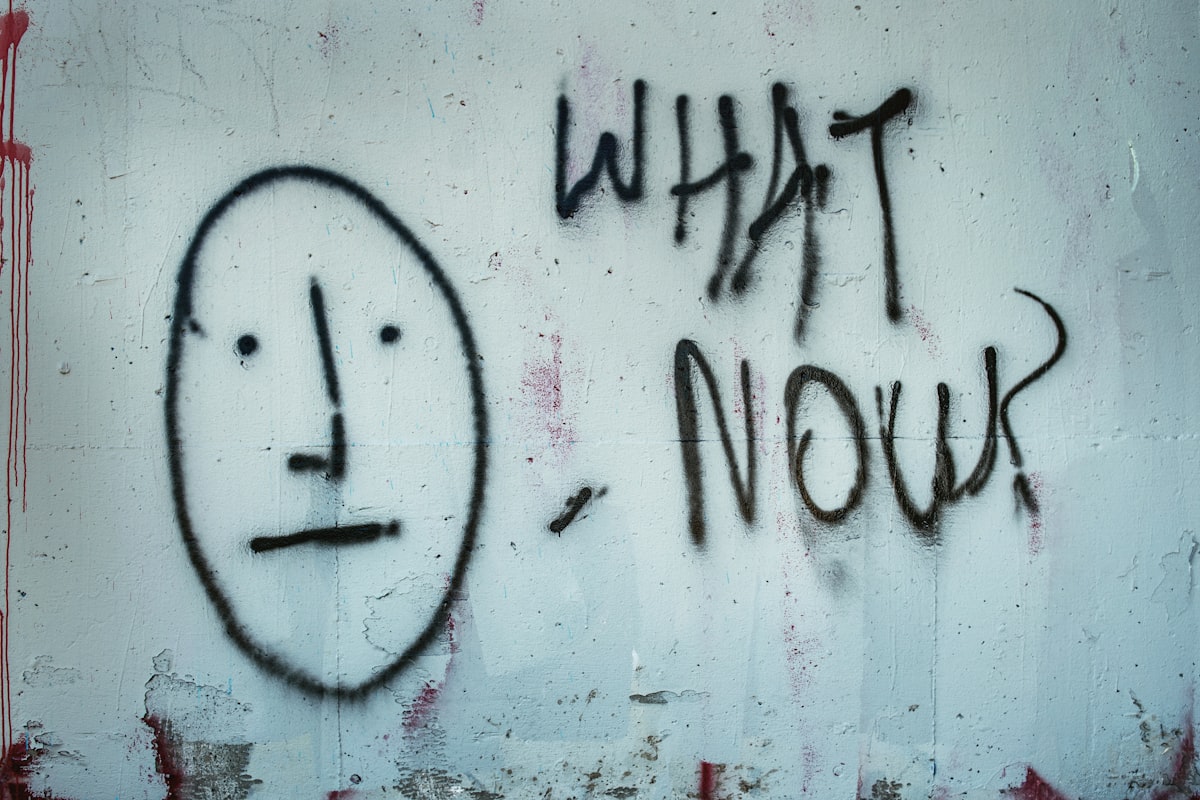AM⌭PM | 019

One of the things that I've been thinking a lot about is how I would describe the particular combination of social work and psychoanalysis that I'm attempting to enact.
For a long time, I've seen these two preoccupations (both of which are my occupations) as separate from one another. However, I also saw them as related to and influencing one another. The same way the land and the atmosphere are different systems influencing one another.
Over the past few weeks, I've been playing with different ways to think of them as a single unit. (I can still think of them as separate too, if I want to, of course. But I don't have to think of them that way.) I've tried to capture some of my thoughts on what I'm currently naming social psychoanalysis below.
-◉-
On Psychoanalysis:
Interpretation as an act
- Psychoanalysis is a practice where an analysand shows up and talks (uses signifiers), and an analyst pays close attention to what is said and how it is said. The analyst does more listening than talking. Eventually, the analyst will offer the analysand an interpretation.
- An interpretation is a verbal action (i.e., an act) where the analyst uses speech to reveal an unconscious element that is present in the analysand's speech.
Transference
- For the interpretation to have an effect, the analysand must have developed a transference to the analyst.
- Transference is a fantasy (i.e., a belief) that the analyst knows things and can use their knowledge to help the analysand in some way. Generally, the analysand overestimates the analyst's capacity, especially at the beginning of an analysis.
- If there is no transference, or if the transference is too weak, the interpretations don't have much effect.
- This is one of the reasons why no one can be forced into psychoanalysis. People have to choose to go into psychoanalysis. An analysand must say, "I want psychoanalysis!" and the analysand must mean this when they say it.
- Without transference, people can talk and listen; they just can't do psychoanalysis.
On society (i.e., the social in social work):
It seems that social workers attempt to interpret what is happening within society. I think that social workers want their interpretations to have an effect, but I don't see their interpretations having much impact.
Why is this?
The problem might be a lack of transference to social workers as individuals and a lack of transference to them as a group (i.e., as a profession or as a discipline).
Some meta-stuff:
This email/post might be an interpretation. If you have a transference to me, it might have an effect. If you don't have a transference to me, to you have a small/weak transference, it probably won't have a significant effect.
Fin:
I'm not sure how much of this will stick around in my thoughts. Nonetheless, if you have any thoughts on this matter, I'd like to know what they are, so please send them my way.